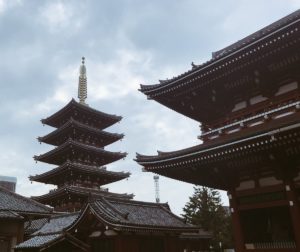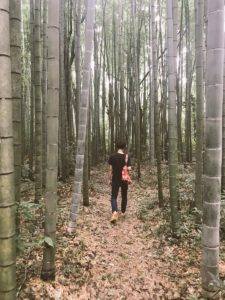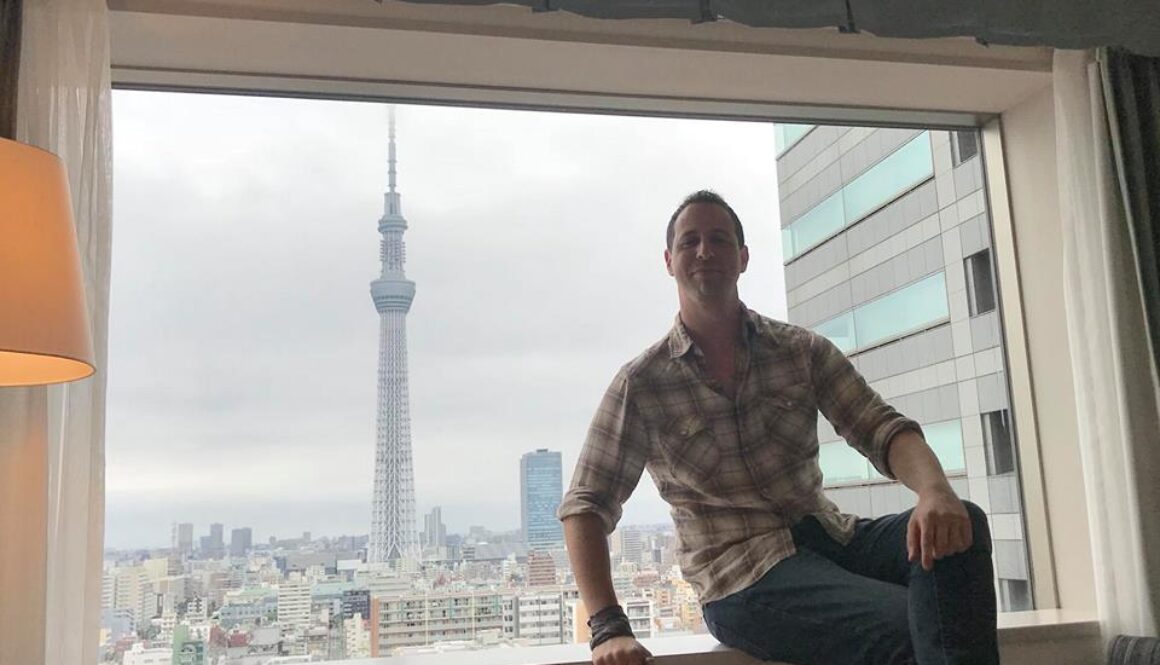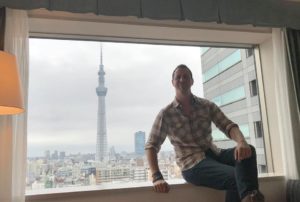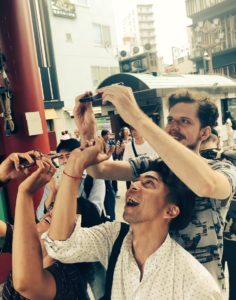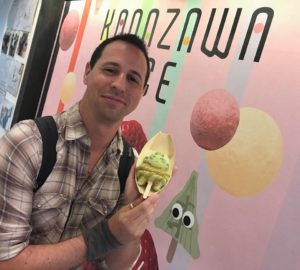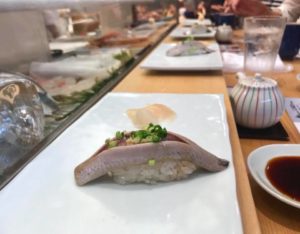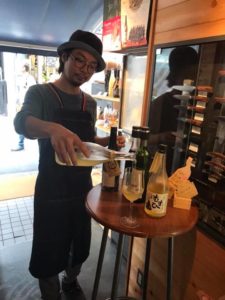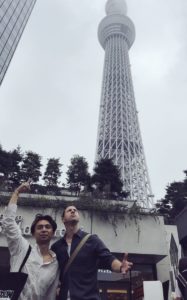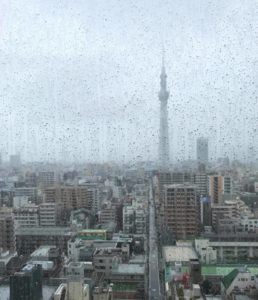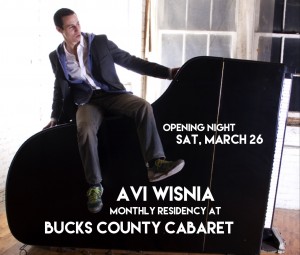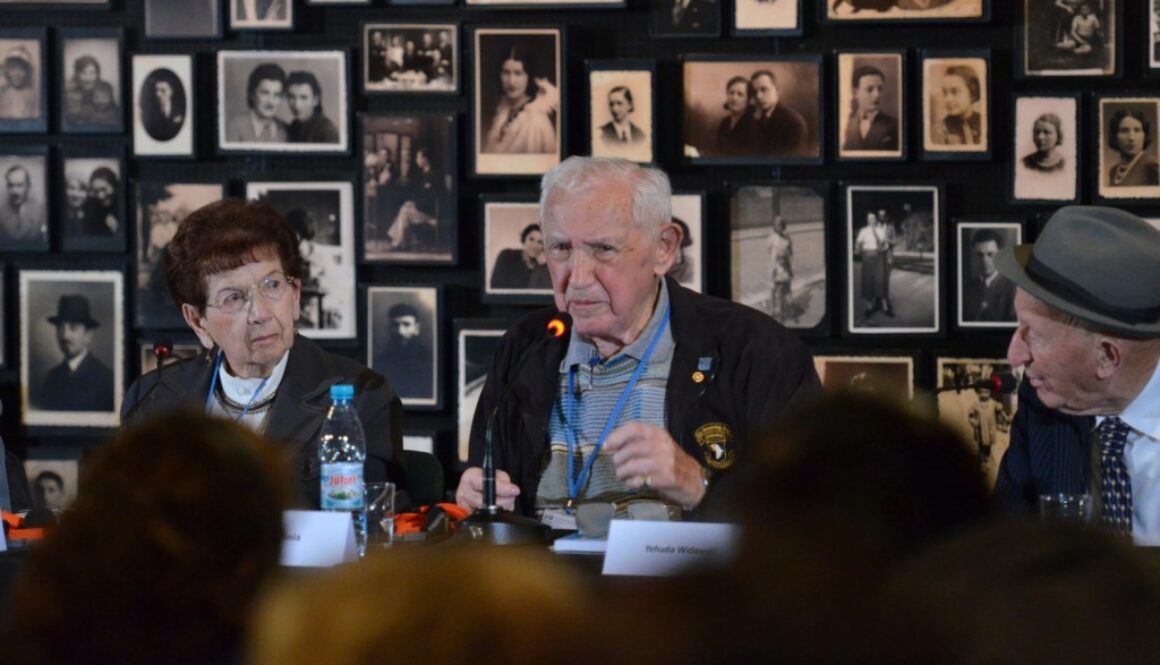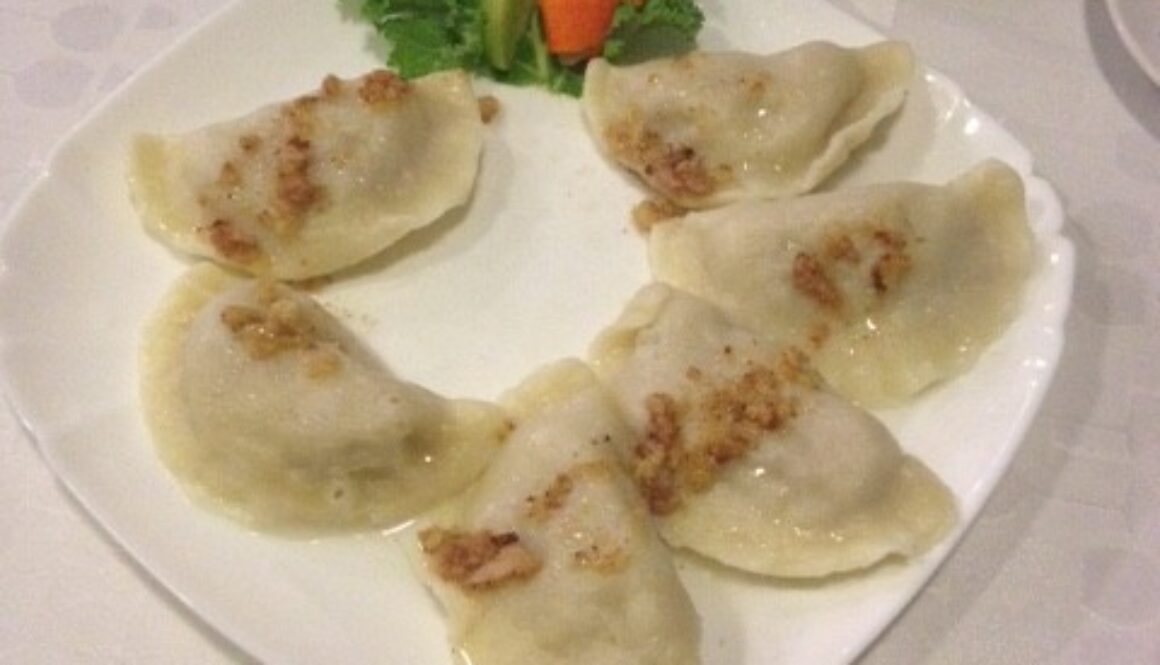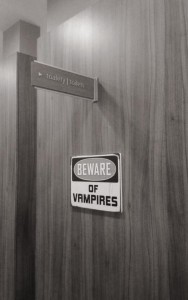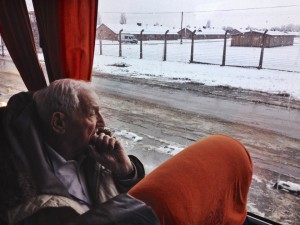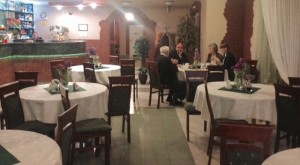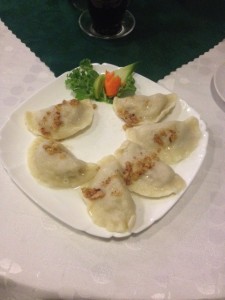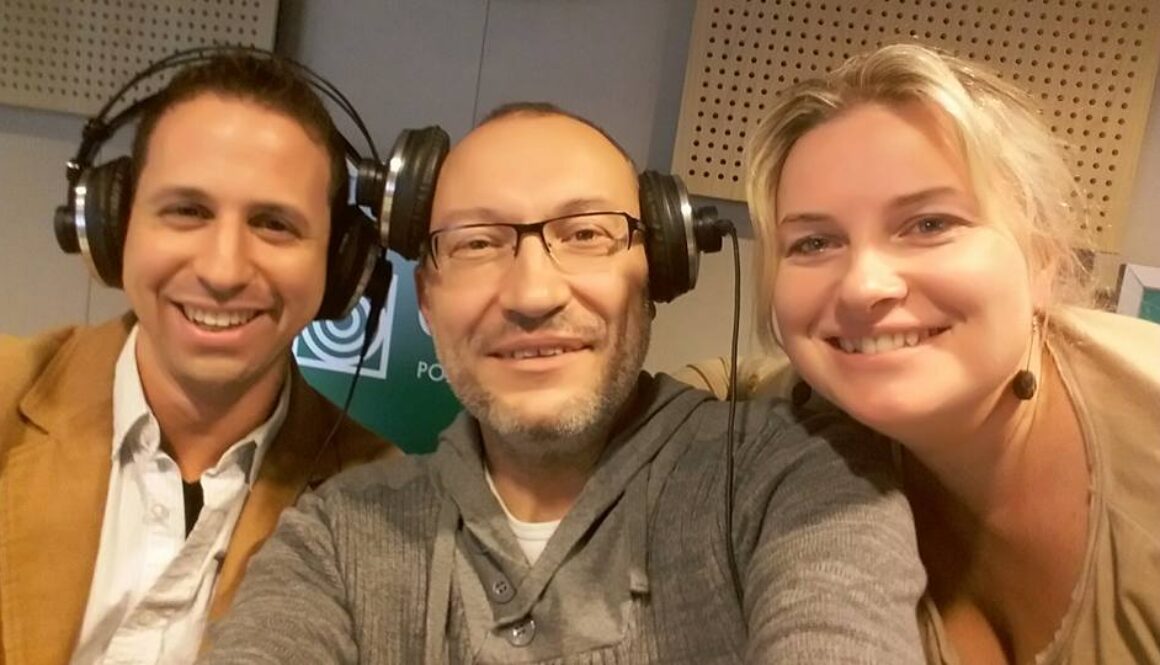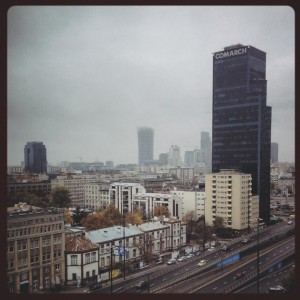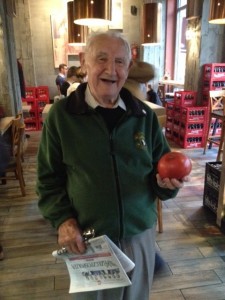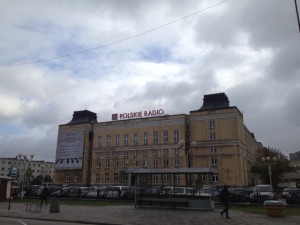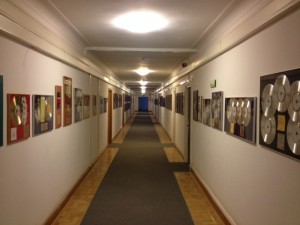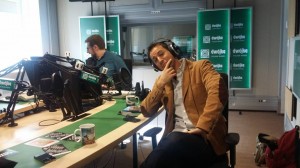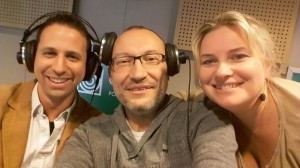What does it take to tell your story of survival, to retell and relive those memories? Does it get easier or harder with each visit?
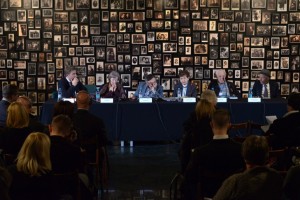
It has become more and more clear to me just how much my grandfather distanced himself from what happened, how he separated and blocked out this earlier part of his life, and how he protected his family from any trauma that he endured. I’m grateful to be able to accompany him as he comes back to Auschwitz, to tell his story. I’m grateful for the platform he is given. He is doing the world a service. The living testimony of survivors is the most important way to understand what happened here.
My grandfather is the strongest human being I know.
We drove back in to Birkenau as the sun was setting. The opening event of the conference would be a panel featuring 5 survivors of the Auschwitz concentration camp, including my grandfather. The topic: The Impact of the Camp Experience on Post-War Life. I’ve heard him speak many times now in recent years. But something happened on the way in to the panel. We pulled up to one of the prison buildings known as the Sauna, where prisoner clothing was sent for cleaning and delousing. We were walking towards one of the entrances, as my grandfather was remarking about a certain tree. He remembered that tree. We turned a corner. Someone opened a certain side door to the building. And my grandfather stopped cold.
He told the room just a few moments later: “As a prisoner of the camp, I worked exactly in this room for one and a half years. When we moved from the old sauna, I worked here until the evacuation. Somewhere at the back was an office, where I worked. I have been here a few times after the war, but never exactly entered this area. I could not bear it, and today I started crying.
I cried for the first time in 70 years.”
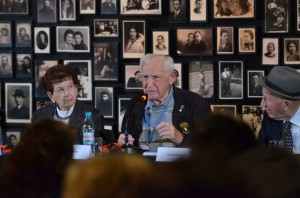
[Photo & Quote courtesy of The Auschwitz Museum. Read more about the panel, the survivors’ testimony, and the conference: HERE]
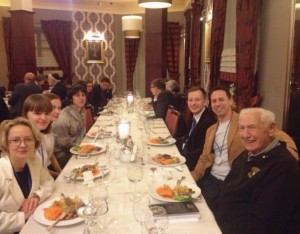
Everything in my family always involves The Meal. Major celebrations revolve around dinner. Family reunions are meal plans with unspecified activities in between, usually snacks. It’s pretty typical to discuss where we are having our next meal while we are eating our current one. So ending the day gathered around the dinner table with all of the participants of the conference felt comfortable and necessary.
Besides, my grandfather is in his prime around people. He is never not happy to meet someone. He is a man who truly celebrates being in the presence of others. He is The Grand Master Schmoozer. After a day of intensity, the company of family, friends, strangers who become friends, is important. Even now, spending time in Auschwitz, revisiting this history, we are able to laugh and joke and relax. Just take your cues from my grandfather. Life goes on.
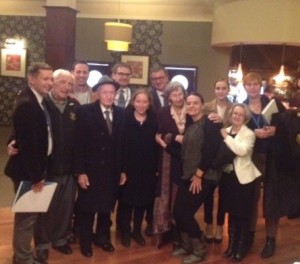
I only know how to say 3 things in Polish. The first thing is: Nie mówią po polsku = I don’t speak Polish. The second thing is a phrase my grandfather taught me that I’d rather not repeat here. And the third is very important, so important that I made sure to know it and commit it to memory before i left: smażony kurczak. It’s not really a traditional Polish dish, but you’d be surprised how much smażony kurczak can be found in Poland, when it’s the only thing you can ask for.
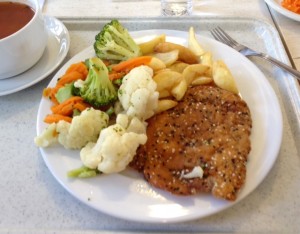
#MyPolishWisnia
